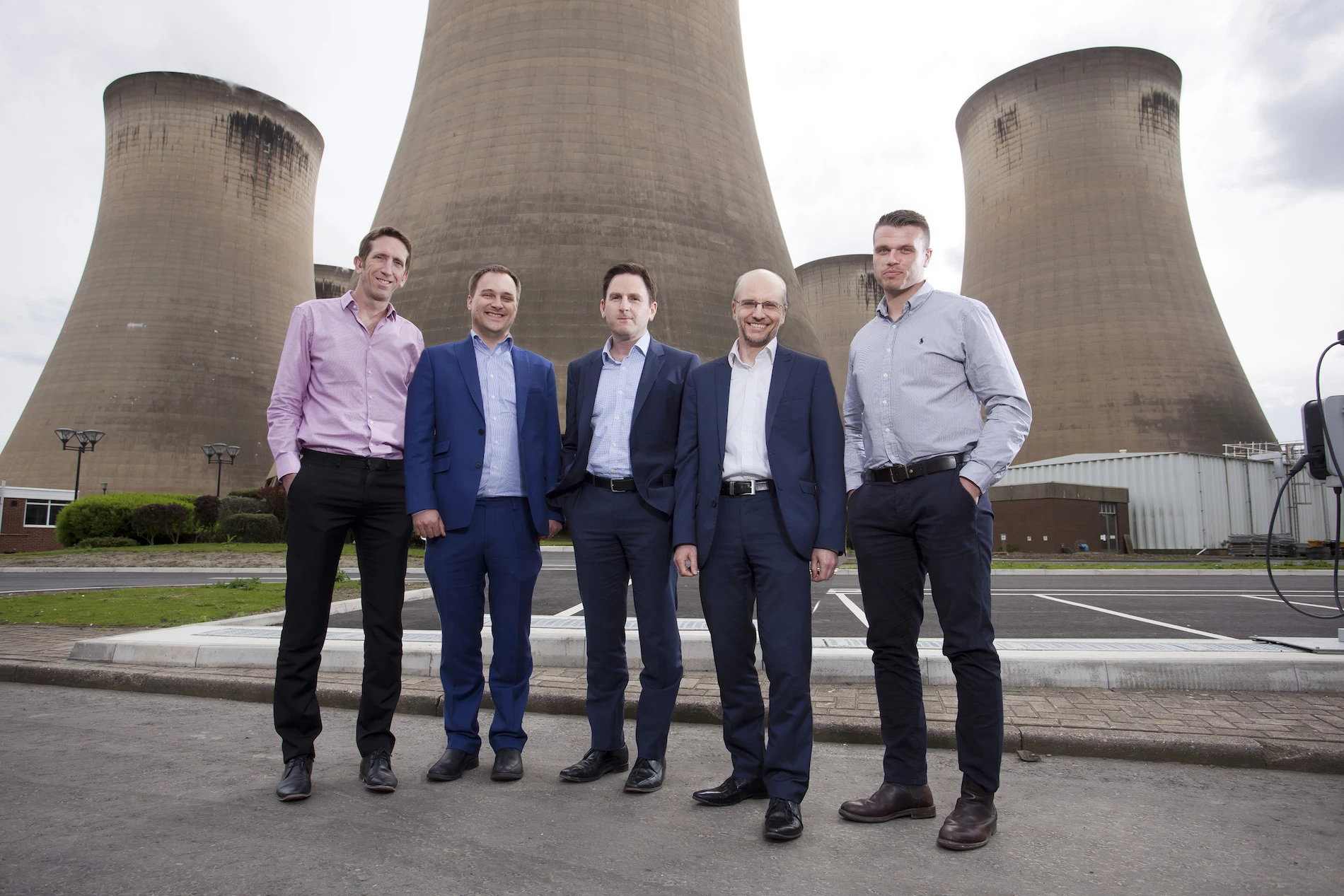
Drax set to pilot Europe's first bioenergy carbon capture storage project
Drax is set to pilot the first bioenergy carbon capture storage (BECCS) project of its kind in Europe, which, if successful, could make the renewable electricity produced at its North Yorkshire power station carbon negative.
BECCS is vital to global efforts to combat climate change because the technology will mean the gases that cause global warning can be removed from the atmosphere at the same time as electricity is produced.
This means power generation would no longer contribute to climate change, but would start to reduce the carbon accumulating in the atmosphere.
The demonstration project will see Drax partner with Leeds-based C-Capture and invest £400k in what could be the first of several pilot projects undertaken at Drax to deliver a lower cost demonstration of BECCS.
Drax Power Station became the largest decarbonisation project in Europe by upgrading its existing facilities and, if the pilot is successful, it will examine options for a re-purposing of existing infrastructure to deliver more carbon savings.
Starting later this month, the first phase of the project will look to see if the solvent that C-Capture has developed is compatible with the biomass flue gas at Drax Power Station.
A study into the feasibility of re-utilising the flue gas desulphurisation (FGD) absorbers at the power station will also be carried out to assess potential capture rates.
Depending on the outcome of a feasibility study, the C-Capture team will proceed to the second phase of the pilot in the autumn, when a demonstration unit will be installed to isolate the carbon dioxide produced by the biomass combustion.
Will Gardiner, CEO, Drax Group, said: “If the world is to achieve the targets agreed in Paris and pursue a cleaner future, negative emissions are a must – and BECCS is a leading technology to help achieve it.
“This pilot is the UK’s first step, but it won’t be the only one at Drax. We will soon have four operational biomass units, which provide us with a great opportunity to test different technologies that could allow Drax, the country and the world, to deliver negative emissions and start to reduce the amount of carbon dioxide in the atmosphere.”
Claire Perry, energy and clean growth minister, commented: “We aim to make the UK a world leader in carbon capture usage and storage, a key part of our modern Industrial Strategy.
“It’s hugely exciting that Drax has chosen to invest in this innovative project, demonstrating how government support for innovation can create an environment where companies can develop new technologies and scale up investment to build the sectors we will need to achieve long term decarbonisation.”
C-Capture is a spin-out from the Department of Chemistry at the University of Leeds, established through funding from IP Group Plc.
Chris Rayner, founder of C-Capture and Professor of Organic Chemistry at the University of Leeds, added: “We have developed fundamentally new chemistry to capture CO2 and have shown that it should be suitable for capturing the carbon produced from bioenergy processes.
“The key part is now to move it from our own facilities and into the real world at Drax. Through the pilot scheme we aim to demonstrate that the technology we’ve developed is a cost-effective way to achieve one of the holy grails of CO2 emissions strategies - negative emissions in power production, which is where we believe the potential CO2 emissions reductions are likely to be the greatest.”
Looking to promote your product/service to SME businesses in your region? Find out how Bdaily can help →
Enjoy the read? Get Bdaily delivered.
Sign up to receive our popular Yorkshire & The Humber morning email for free.








 The value of using data like a Premier League club
The value of using data like a Premier League club
 Raising the bar to boost North East growth
Raising the bar to boost North East growth
 Navigating the messy middle of business growth
Navigating the messy middle of business growth
 We must make it easier to hire young people
We must make it easier to hire young people
 Why community-based care is key to NHS' future
Why community-based care is key to NHS' future
 Culture, confidence and creativity in the North East
Culture, confidence and creativity in the North East
 Putting in the groundwork to boost skills
Putting in the groundwork to boost skills
 £100,000 milestone drives forward STEM work
£100,000 milestone drives forward STEM work
 Restoring confidence for the economic road ahead
Restoring confidence for the economic road ahead
 Ready to scale? Buy-and-build offers opportunity
Ready to scale? Buy-and-build offers opportunity
 When will our regional economy grow?
When will our regional economy grow?
 Creating a thriving North East construction sector
Creating a thriving North East construction sector